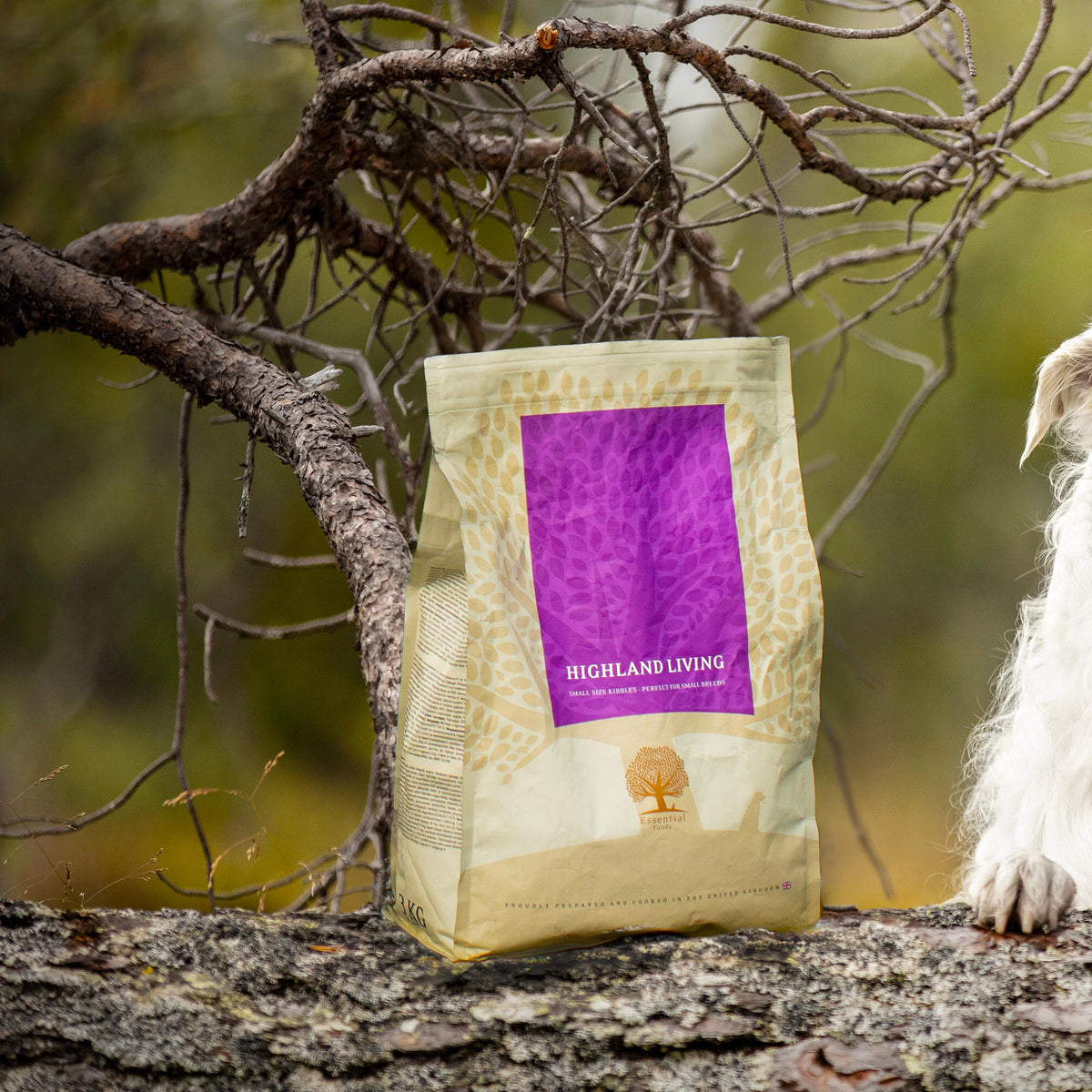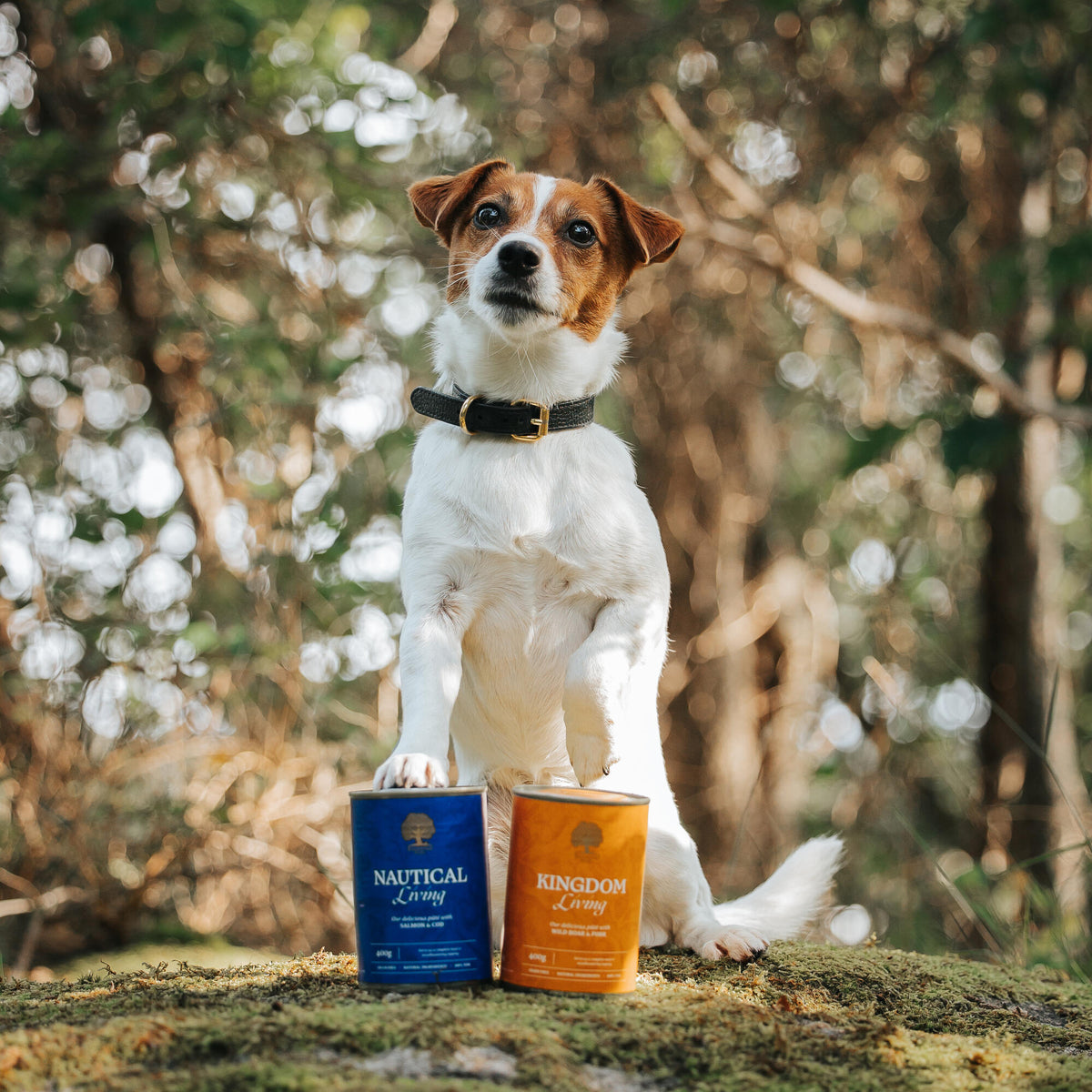Your Cart is Empty

As responsible pet owners, ensuring the health and well-being of our puppies is paramount. One crucial aspect of pet care, especially for growing puppies, is providing them with a balanced and nutritious diet. In this comprehensive guide, we delve into the question of how much food to give a puppy, focusing on the key factors that influence their dietary needs.
The nutritional requirements of puppies vary depending on their age and stage of growth. During the early weeks of life, puppies rely heavily on their mother's milk for nourishment. However, as they transition to solid food, it's essential to adjust their portion sizes to accommodate their growing bodies.
Another factor to consider when determining puppy food portions is the breed size. Larger breeds tend to have different growth patterns and nutritional needs compared to smaller breeds. It's crucial to select a puppy food formula specifically tailored to their size to ensure they receive the appropriate balance of nutrients.
A puppy's activity level can also impact how much food they require. Active puppies with high energy levels may need more calories to fuel their daily activities, while less active puppies may require fewer calories to prevent excessive weight gain.
Grain-free dog food is a type of pet food that does not contain grains such as wheat, corn, or soy. Instead, these formulas are typically made with alternative carbohydrate sources such as potatoes, peas, or lentils. Grain-free diets have gained popularity in recent years due to claims that they may offer various health benefits for dogs.
Digestive Health: Grain-free diets are often easier for dogs to digest, especially those with sensitivities or allergies to grains. By eliminating common allergens, such as wheat and corn, grain-free dog food may help alleviate digestive issues and promote better overall gut health.
Weight Management: Grain-free dog food formulas may be beneficial for dogs prone to weight gain or obesity. Since they tend to be higher in protein and lower in carbohydrates, grain-free diets can help maintain lean muscle mass and support healthy weight management.
Skin and Coat Health: Some dogs may experience improvements in skin and coat health after switching to a grain-free dog food diet. By eliminating potential allergens and incorporating quality protein sources, such as natural dog food rich in meat content, grain-free formulas may help reduce skin irritation and promote a shiny, lustrous coat.
At Essential Puppy Foods, we pride ourselves on sourcing only the finest ingredients for our recipes. Our formulas are crafted with premium-quality meats, wholesome fruits and vegetables, and beneficial supplements to provide puppies with the essential nutrients they need for optimal growth and development.
One of the hallmarks of Essential Puppy Foods is our commitment to high meat content. We understand that protein is essential for supporting healthy muscle development, immune function, and overall growth in puppies. That's why our recipes feature a generous amount of real meat, up to 80%, to ensure that puppies receive the protein they need to thrive.
Essential Puppy Foods goes beyond traditional pet nutrition with our innovative Behavioral Optimizing Foods (B.O.F) principle. By maintaining stable blood sugar levels throughout the day, B.O.F ensures that puppies experience sustained energy levels and improved mental clarity. Our high-quality ingredients and meticulous preparation process contribute to the exceptional nutritional value of our products.
In addition to their nutritional benefits, Essential Puppy Foods are also highly palatable, enticing even the pickiest of eaters. We understand that puppy food must not only be nutritious but also delicious to encourage healthy eating habits. With our irresistible flavors and textures, puppies eagerly devour every meal, ensuring they receive the nourishment they need to thrive.
In conclusion, when it comes to providing puppies with the optimal nutrition they need to thrive, Essential Puppy Foods stands head and shoulders above the rest. With our emphasis on quality ingredients, high meat content, innovative B.O.F principle, and irresistible palatability, we set the standard for excellence in puppy nutrition. Give your puppy the gift of health and vitality with Essential Puppy Foods.


